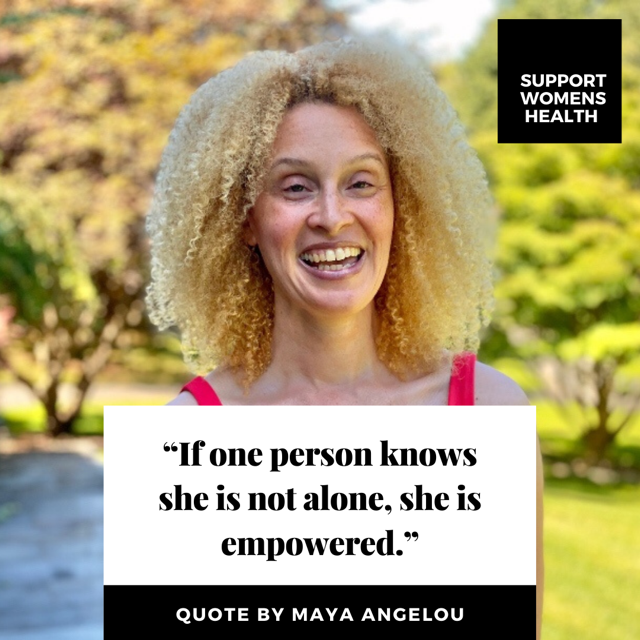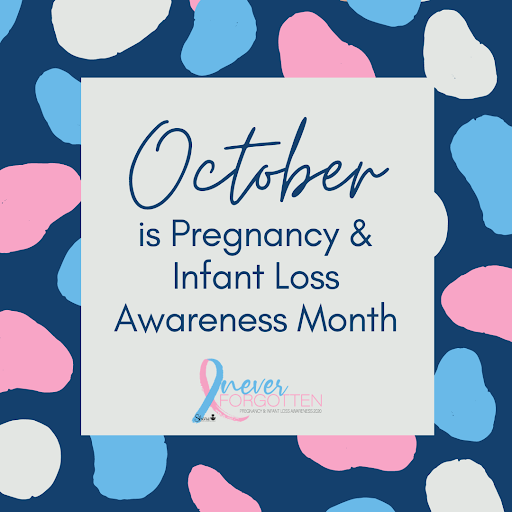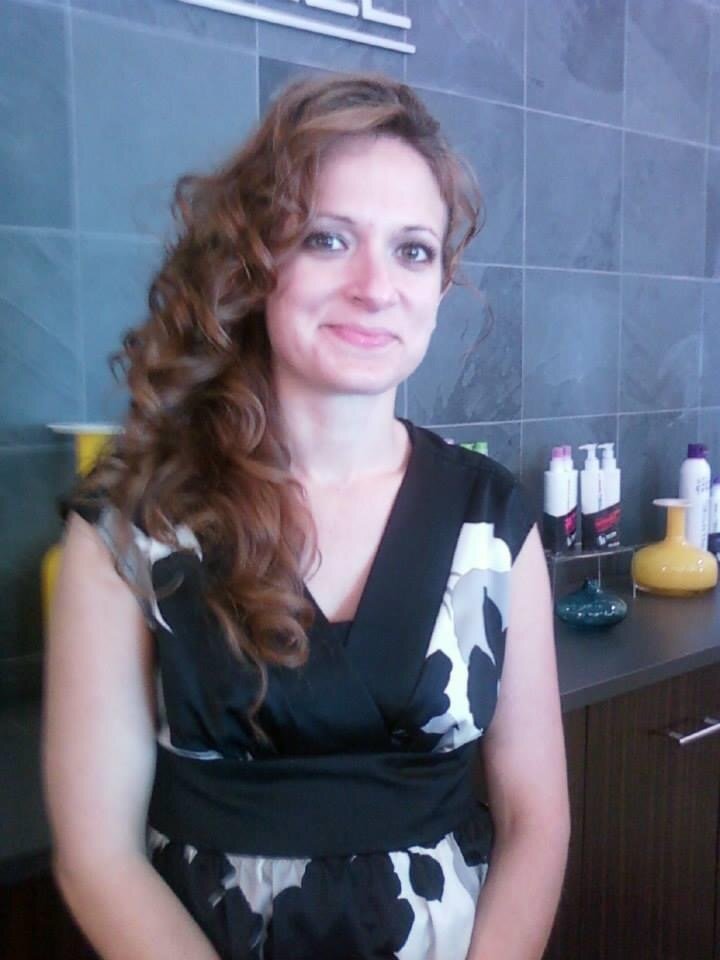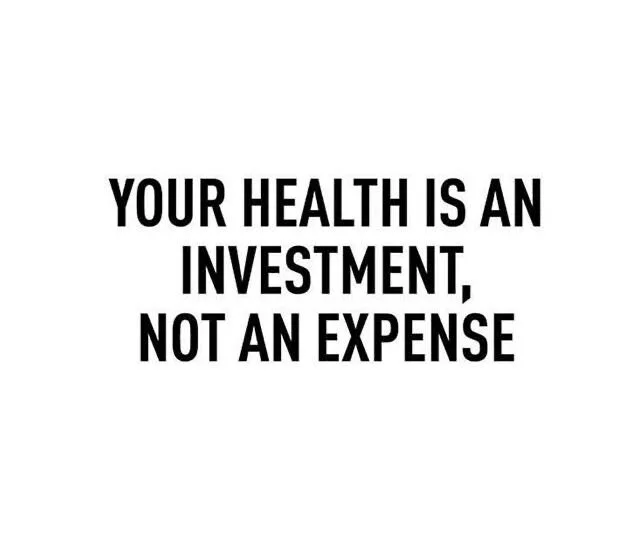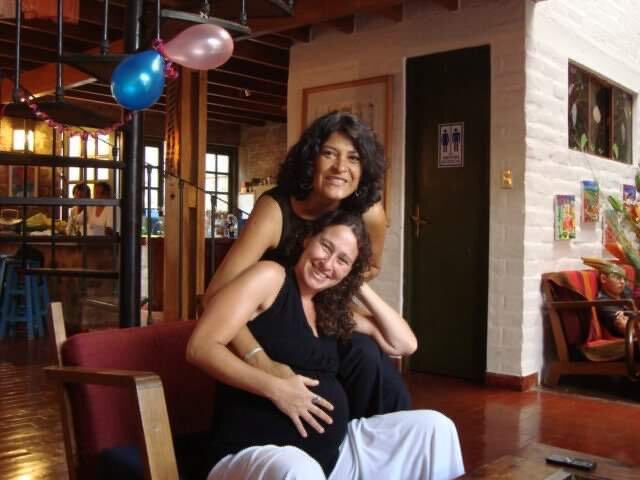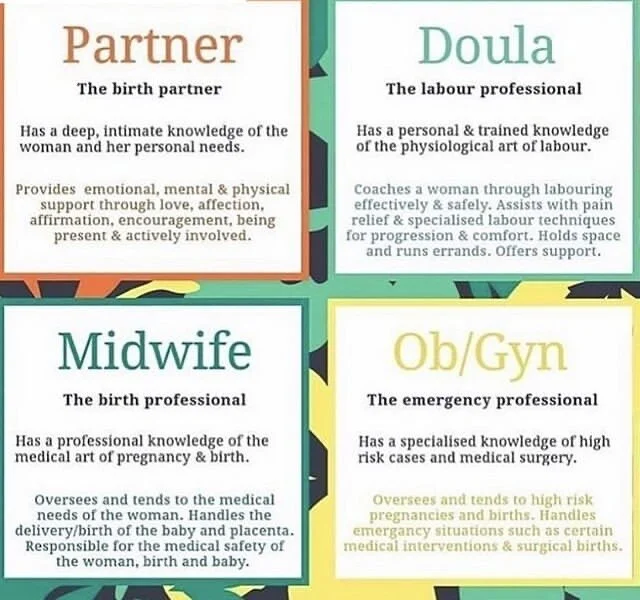Last December, I wrote a letter to the President of the United States and I mailed it.
Last week, I received a letter in the mail from President Biden.
My dad was so excited for me.
“You have a letter from the White House!”
It was in a fancy envelope.
I opened it.
Almost a year later from when I mailed it.
What would he say?
I opened up the envelope.
The letter was typed on thick stationary paper.
Not on common computer paper.
On cream paper, not on blanched white.
The letter read “Dear Khristee,”
He spelled my name correctly.
He wrote four paragraphs and signed his name in a black marker.
But it was a form letter.




